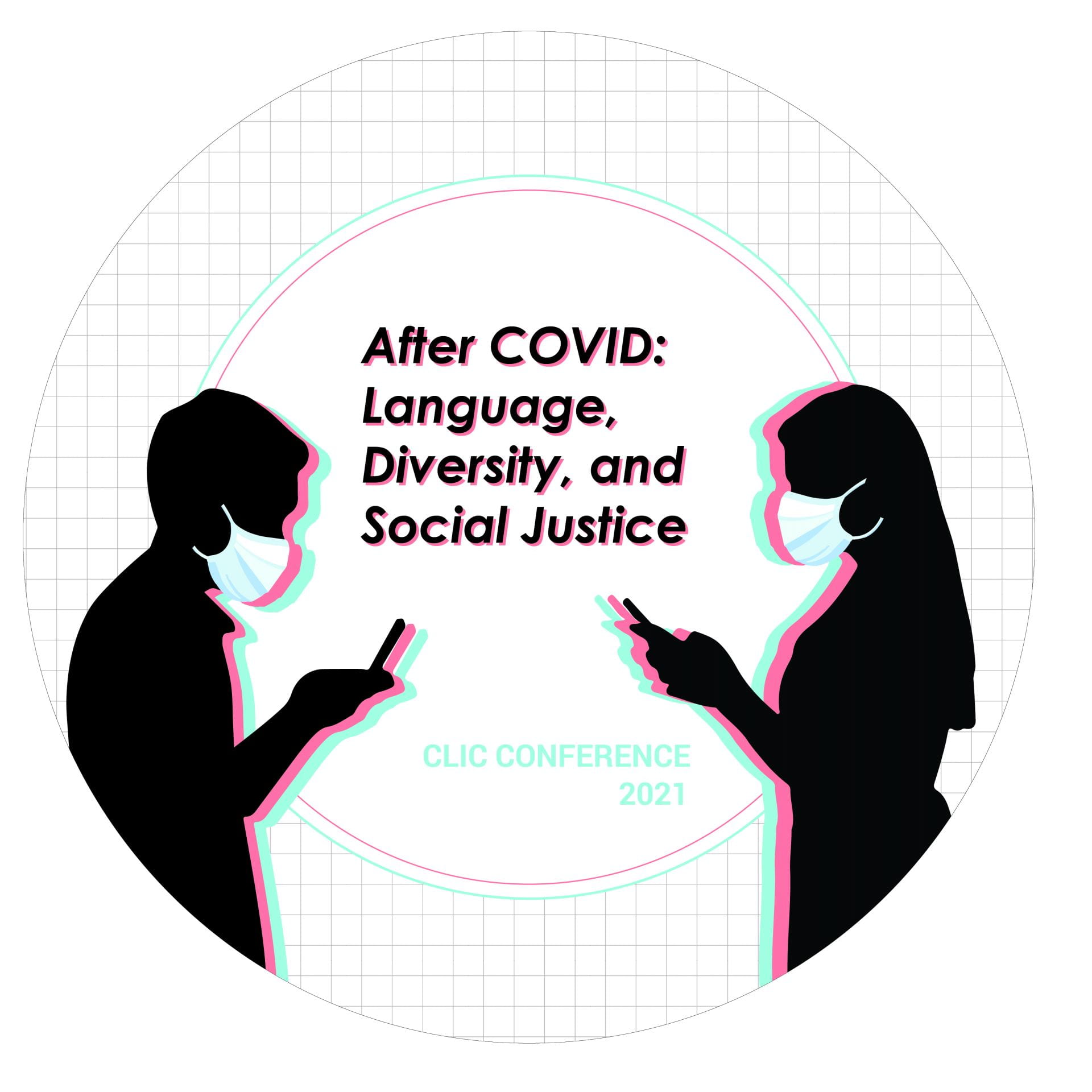Collaborative Autoethnography on Transitions and Adjustments in Online Language Teaching During the Pandemic
Zhenjie Weng, Jingyi Zhu, Grace Jue Yeon Kim, The Ohio State University
Since early 2020, the COVID-19 pandemic has upended many aspects of education, one of which is the mode of delivering courses. The shifted mode, from face-to-face to virtual, has come with unexpected challenges brought by the pandemic. ESL teachers, in particular, with students from all over the world, faced tremendous challenges and experienced unexpected transitions and adjustments in language teaching to address students’ different needs. Due to the novelty of the situation, empirical research on transitions and adjustments in language teaching during the pandemic is almost nonexistent. Therefore, through collaborative autoethnography, this study intends to unpack the transitions and adjustments that three ESL composition and language education teachers experienced in teaching international undergraduate and graduate students during the pandemic.
By adopting the lens of “Language Teacher Agency” (Kayi-Aydar, 2019), we explored two research questions: 1) What are the challenges of teaching language online identified by the three ESL composition and language education teachers during the pandemic? And 2) how do the three ESL composition and language education teachers make transitions and adjustments in their teaching after the pandemic outbreak? To answer the research questions, three ESL teachers who were also graduate teaching associates in a Midwestern U.S. university met together virtually and reflected upon the evolution of their teaching before and during the pandemic in asynchronous composition classes. Hence, from September 2020 to January 2021, monthly written reflections and video-recordings of focus group meetings were collected. Data were analyzed using thematic analysis (Braun & Clarke, 2012), and the process was descriptive and iterative. To look for emerging themes, two cycles of coding (of the logs and reflections) were conducted to confirm major themes. Selected segments were also transcribed for further analysis.
Findings of the study include that the three ESL composition and language education teachers encountered a variety of challenges at the beginning of the transition from face-to-face to virtual teaching during the pandemic, such as disconnection with students who went back to their home country, student burnout with online learning, decreased student motivation, reduced assignment submission rate, the lack of immediate feedback from and communication with students, and technology issues. To respond to the challenges, the teachers readjusted their course design, expectations, grading, and feedback to meet students’ needs, which further entailed the reconstruction of teacher roles in online context. For example, the teachers reported increased time investment in providing individualized written feedback on students’ writing assignments.
As the pandemic brought unprecedented challenges to language teachers, implications from this study focus on a great need for professional development on online language teaching. In particular, we call for professional opportunities on how to build online communities among teachers and students (e.g., to meet students’ needs on more speaking opportunities), how to use technologies efficiently to meet course objectives and also engage students in online class, and how to use online tools to balance teachers’ workload (e.g., the use of automated feedback to give students instant and more frequent feedback on their writing).
References
Braun, V., & Clarke, V. (2012). Thematic analysis. In H. Cooper, P. M. Camic, D. L. Long, A. T. Panter, D. Rindskopf, & K. J. Sher (Eds.), APA handbooks in psychology®. APA handbook of research methods in psychology, Vol. 2. Research designs: Quantitative, qualitative, neuropsychological, and biological (p. 57–71). American Psychological Association. https://doi.org/10.1037/13620-004
Kayi-Aydar, H. (2019). Language teacher agency: Major theoretical considerations, conceptualizations, conceptualizations and methodological choices. In H. Kayi-Aydar, X. Gao, E. R. Miller, M. Varghese, & G.Vitanova (Eds). Theorizing and analyzing language teacher agency (pp. 10-21). Multilingual Matters.

